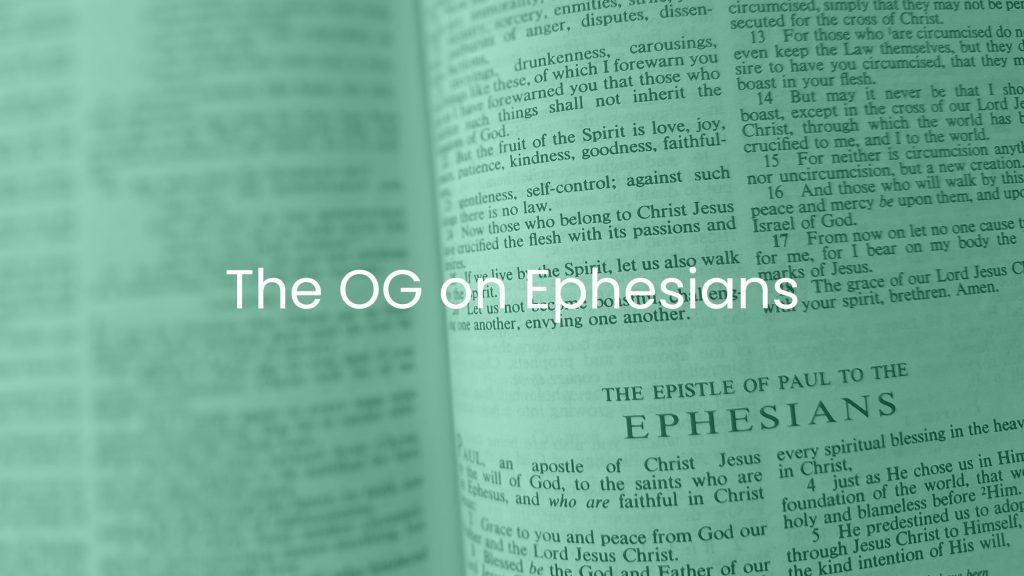|
Getting your Trinity Audio player ready...
|
Martin Luther had settled into a life as a theologian, monk, and priest when one day he read Ephesians 2:8-9:
For by grace you have been saved through faith. And this is not your own doing; it is the gift of God, not a result of works, so that no one may boast (ESV).
At that time, he was a Catholic with the theology of working hard to earn God’s favor. This freedom of grace that Luther found in the book of Ephesians started the Protestant Reformation, and all of us reading this Interruption—who live by grace alone—have benefited.
Grace interweaves the fiber of Ephesians. Some commentators believe that grace is better presented in Ephesians than in the book of Romans, where the word “grace” can be found 21 times.
Let’s take a “verse in each chapter tour” of the book of Ephesians to find the benefits of grace.
1:7-8:
In him we have redemption through his blood, the forgiveness of our trespasses, according to the riches of his grace, which he lavished upon us, in all wisdom and insight.
2:10:
For we are his workmanship, created in Christ Jesus for good works, which God prepared beforehand, that we should walk in them.
3:20:
Now to him who is able to do far more abundantly than all that we ask or think according to the power at work within us.
4:23-24:
Be renewed in the spirit of your minds, and to put on the new self, created after the likeness of God in true righteousness and holiness.
5:17-18:
Therefore do not be foolish, but understand what the will of the Lord is. And do not get drunk with wine, for that is debauchery, but be filled with the Spirit.
6:24:
Grace be with all who love our Lord Jesus Christ with love incorruptible.
Understanding grace is only the beginning for believers, as we must learn to live in grace. The mark of a mature believer is the ability to forgive self (not dwell in self-condemnation) and forgive others (overcoming bitterness).
There’s an unusual story of Martin Luther writing his friend Melancthon when Melancthon was depressed over his struggles with sin. In this letter, Luther told his friend to “sin boldly.”
This statement can only be understood in the full context of Luther’s letter . . .
God does not save those who are imaginary sinners. Be a sinner, and let your sins be strong (sin boldly), but let your trust in Jesus be stronger, and rejoice in Christ who is the victor over sin.
The book of Ephesians and Martin Luther teach grace for all.
Grace be with all who love our Lord Jesus Christ with love incorruptible (6:24).
(Also, I’m thinking, “What mother would name her son Melancthon?”)

